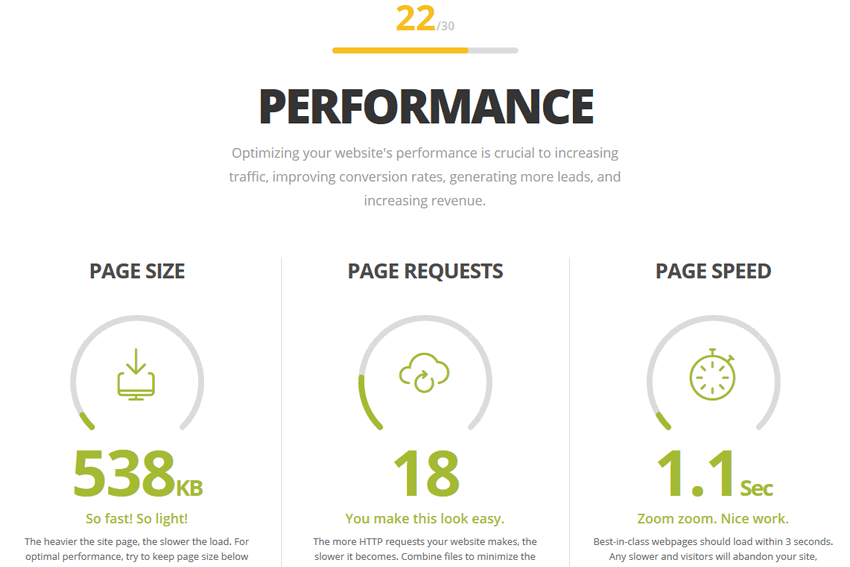As the number of websites online increases every day, you want to make sure your website continues standing out and receiving the attention it deserves. Here are 12 ways to make your website more competitive.
1. Invest in Quality SEO
The higher your page ranks, the more competitive it will be among the plethora of similar websites out there. Invest in quality SEO to make sure your website is visible to those searching for what you are offering.
2. Go for Design and Branding that Adds to User Experience
Clear design, unique imagery, easy-to-read fonts, and cohesive branding across all channels will present your website to your customers in the most professional light. Your website should be ever-evolving and should keep up with the changing tastes of customers.

3. Create Compelling Content
Create content that is relevant to the website visitor’s needs and which presents you as a thought leader. This helps in SEO, increases website visitors, and strengthens brand identity.
4. Use Analytics and Data
Analytics and data take the guesswork out of running a website by quickly informing you about what is working and what is not. You can double down on the positives and do less of the negatives to make your website more efficient.

5. Update Your Website Constantly
Once visitors realize your content is old and out of date, your website will lose all credibility as an authoritative source. Keep your website content and design updated.
6. Make Use of White Space to Create Breathing Room
White space helps to draw the reader’s eye to the important stuff. Too much clutter only distracts the reader from your message and subtracts from the user-experience.
7. Every Page Should Have a Purpose and Call-to-Action
To make your website more effective at doing its job, every web page should have a goal and a prominent call-to-action that is enticing enough to get clicked.
8. Use Headlines, Subheadlines, Lead Paragraphs
Most visitors to your website will decide to scan the landing page before deciding to read the content. Make this easy for them. Make your content scannable by incorporating headlines, subheadlines, lead paragraphs, captions and lists into your content.
9. Consider the Visually Impaired
Be considerate for those who have poor eyesight: avoid vague link names, poor punctuation, excessive clutter, small text, poor layout, and complex navigation. You also want to add alt-text to your images to ease things for the visually impaired.

10. Your Website Must be Responsive
Responsive websites look good on any device, they rank higher, have faster load times, and generally give a better user experience to website visitors.
11. Make Sure Your Website Is Fast Loading
Make sure your website loads fast in order to prevent visitors from getting frustrated and bouncing off to another website. Keep page weight under 1MB and optimize your images to be light.
12. Invest in an SSL Certificate and Other Security Plugins
An SSL certificate enables a secure connection from the web server to the internet browser. Having an SSL certificate is an absolute must. For example, most checkout software require one if you accept credit card payments. Search engines like Google also reward SSL certificates with better rankings.
Taking the time to provide a satisfactory user experience for your visitors will put you ahead of most websites out there.



